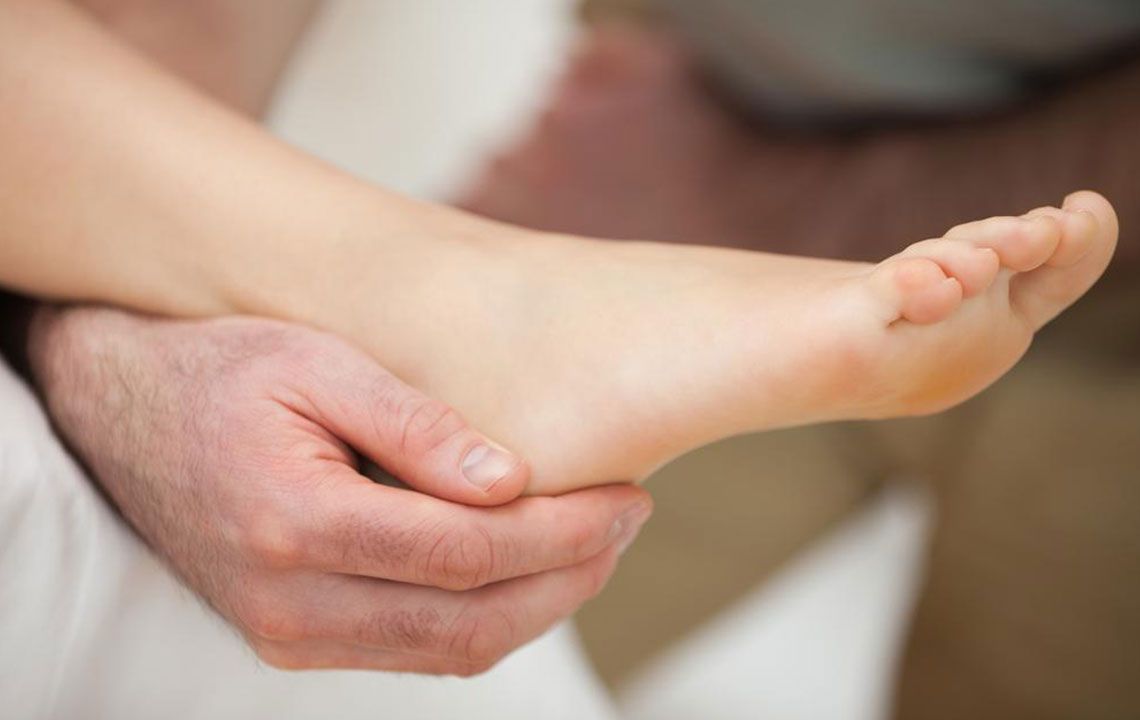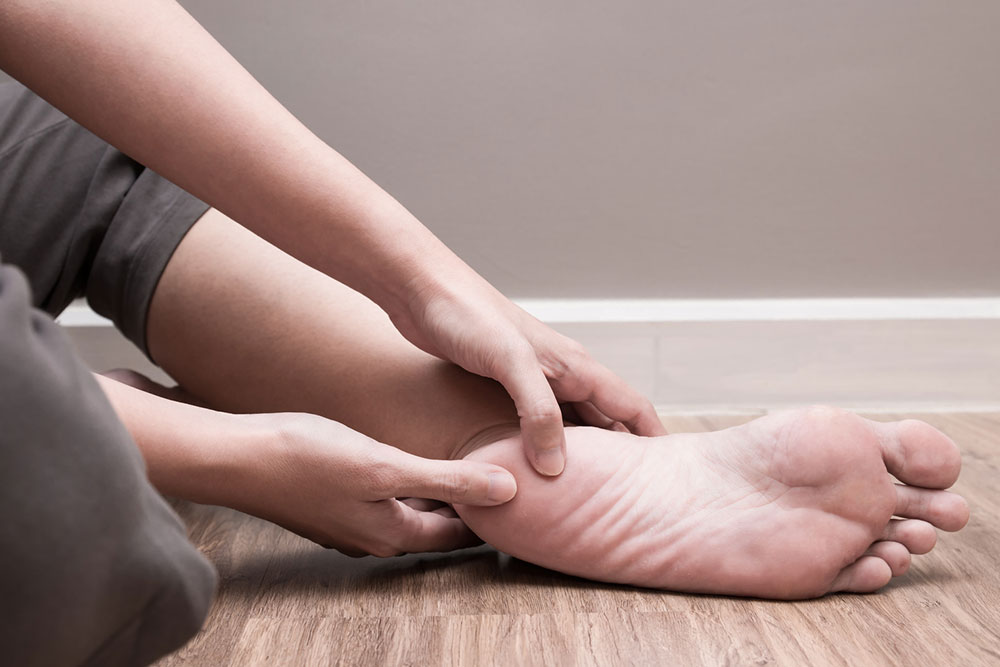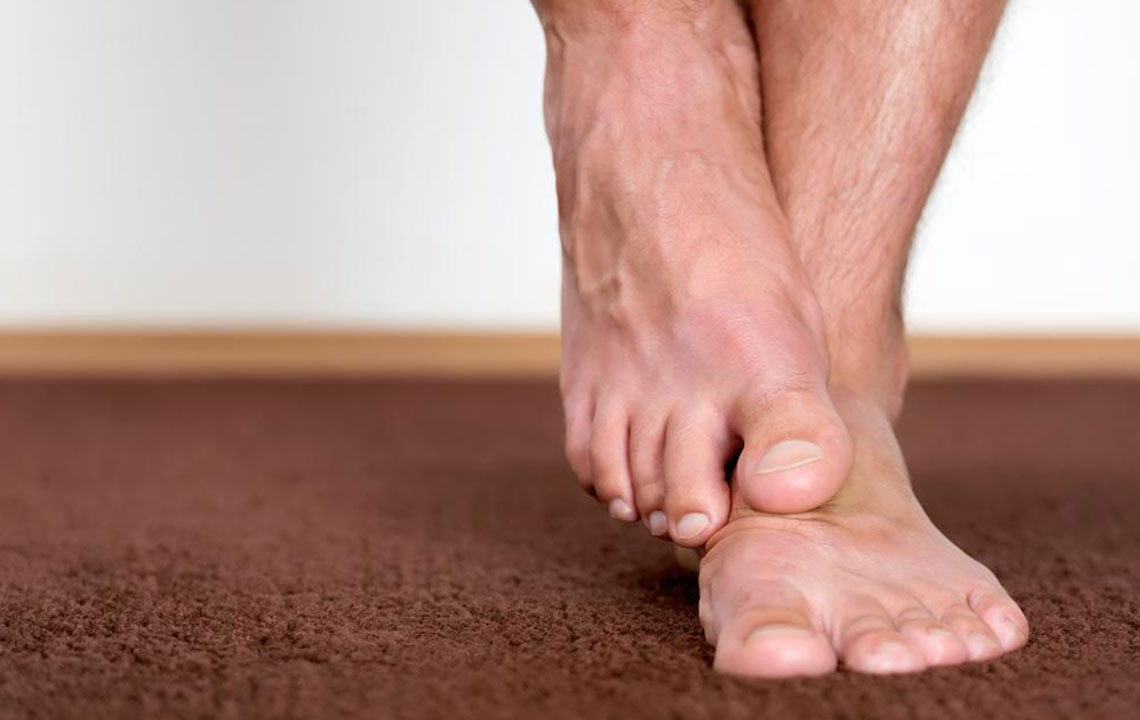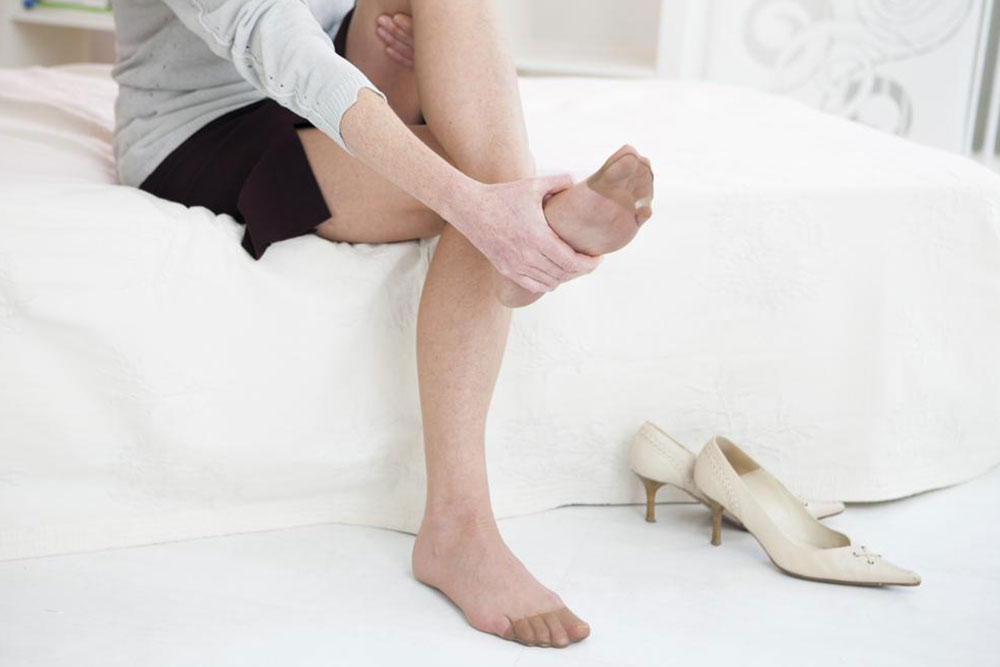Comprehensive Approaches to Relieve Burning Feet Discomfort and Improve Foot Health
This comprehensive article explores effective strategies to manage and alleviate burning feet discomfort. It emphasizes the importance of early medical diagnosis, covers common causes such as neuropathy, and provides practical home remedies like cold water soaks, turmeric application, and therapeutic foot baths. Proper footwear, lifestyle modifications, and consulting healthcare professionals are crucial for relieving symptoms and maintaining foot health. Whether caused by medical conditions or medication side effects, understanding these approaches can significantly improve quality of life and prevent further complications related to burning feet.

Effective Strategies for Managing and Alleviating Burning Feet Sensations
The feet are fundamental to our mobility and overall stability, bearing the full weight of our body and facilitating various movements, from standing and walking to running and jumping. Despite their importance, the health of our feet is often neglected until discomfort or pain arises. One common but often overlooked issue is burning feet syndrome, characterized by a persistent burning sensation, tingling, numbness, or heightened sensitivity in the feet. If left unaddressed, this condition can significantly impair daily activities and quality of life.
Burning feet can arise from a plethora of causes, ranging from benign factors to serious underlying health issues. Among individuals with certain chronic conditions like diabetes, this symptom is especially prevalent and warrants prompt attention. The sensation can vary in intensity and duration, sometimes occurring sporadically or persistently, often worsening during nighttime. Understanding the root causes and implementing appropriate management strategies is essential for relief and prevention.
Early consultation with healthcare professionals is crucial for accurate diagnosis and tailored treatment plans. Medical experts frequently identify peripheral neuropathy—a condition involving nerve damage or dysfunction—as a leading contributor to burning sensations in the feet. This condition can develop due to various reasons, including chronic illnesses, medication side effects, or nerve injuries. Neuropathy often manifests with symptoms such as burning, tingling, numbness, hypersensitivity, and tenderness, primarily affecting the soles and toes. These sensations tend to intensify during the night, disrupting sleep and daily comfort.
Seeking medical advice at the onset of symptoms allows specialists to pinpoint the underlying cause and recommend suitable interventions. Managing nerve damage effectively can prevent further deterioration and improve patient outcomes. In addition to neuropathy, other causes include alcohol abuse, persistent high blood pressure, kidney diseases, thyroid imbalances, nutritional deficiencies—particularly of vitamins B12 and B6—and exposure to toxins. Physical trauma, infections, circulatory system issues, and autoimmune conditions also contribute to burning feet symptoms.
Patients undergoing cancer treatments such as chemotherapy may experience neuropathic sensations as side effects of certain medications. In these cases, adjusting or discontinuing the offending drugs under medical supervision can alleviate discomfort. Moreover, some medications prescribed for other health conditions may also elevate the risk of nerve-related side effects.
Although there is no one-size-fits-all cure for burning feet, a comprehensive diagnostic approach focuses on identifying the precise cause. Depending on the etiology, treatment regimens may include pharmacological interventions, physical therapy, lifestyle modifications, and nutritional support. For instance, cold compresses or ice packs can temporarily numb the area, reducing inflammation and burning feelings. Vitamin B complex supplements, particularly B12, can restore nerve health if deficiencies are present. Wearing footwear that provides proper arch support, cushioning, and compression is vital to minimize pressure on sensitive nerves and promote comfort.
Apart from medical treatments, various home remedies and self-care practices can offer relief from burning feet symptoms. Soaking the feet in cold water helps cool inflamed tissues, providing immediate relief. However, individuals with conditions such as erythromelalgia—a rare disorder characterized by episodes of burning and redness—should avoid excessive cold exposure. Conversely, warm water foot soaks stimulate circulation, relax muscles, and may help reduce discomfort when tolerated.
Natural anti-inflammatory agents like turmeric contain curcumin, which can be taken orally or applied topically as a paste to reduce swelling and nerve irritation. Epsom salt baths, commonly used in foot care routines, with half a cup of Epsom salts dissolved in warm water, are known to relax muscles and soothe aching feet. Gentle massage with moisturizing oils can enhance blood flow and ease muscle tension. Additionally, infusing foot baths with aromatic herbs such as thyme—alternating between warm and cold water—can promote circulation and offer relief, especially in cases related to nerve conditions or fungal infections like athlete’s foot.
In conclusion, managing burning feet requires a multi-faceted approach involving medical diagnosis, lifestyle adjustments, and home remedies. Regular foot care, appropriate footwear choices, and early intervention are key to maintaining foot health and preventing persistent discomfort. Individuals experiencing ongoing symptoms should seek professional medical advice to determine the exact cause and receive customized treatment options tailored to their specific needs.





